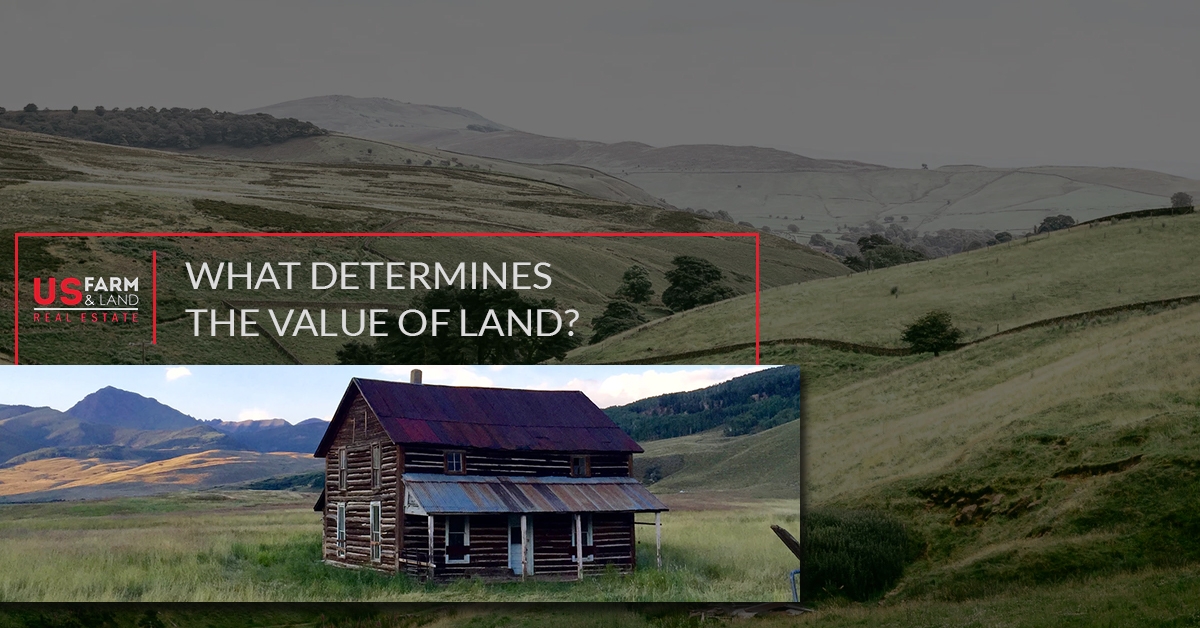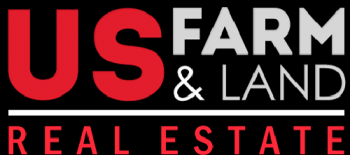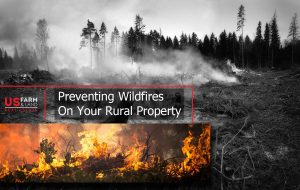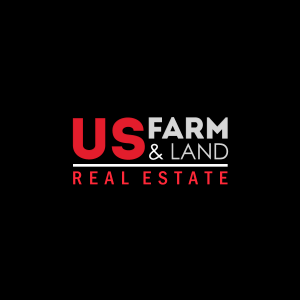
Determining the value of a house is pretty straightforward. How old is the house? Was it recently renovated? What neighborhood is it in? The check-list goes on and an appraiser can check off boxes to determine the worth of the house. But how do you determine the worth of land? Why is one plot worth three times as much as another of equal size? Let’s find out.
But first, if you are interested in buying farmland in Missouri, Kansas, Iowa, or Nebraska, be sure to check out our listings of land for sale!
Location Of Land
Location isn’t only important when buying in the city – though, as far as rural land is concerned, it might be better to call this “proximity.” In other words, how close is this land to the nearest town or city. Buying 500 acres adjacent to a growing town might prove beneficial for developing housing, for example, and might sell for a higher price than the same land in “the middle of nowhere.”
Soil Quality
Once you understand how the quality and type of soil on a plot of land determines the value, you might rethink the phrase “dirt cheap.” For example, loamy soil is typically the best for growing crops as it is multi-dimensional and full of nutrients. Sandy soil, on the other hand, is practically impossible to grow on and would be better suited for livestock. Not only will the quality and growability of soil determine the value of the land, but it can also help you as a buyer. For example, if you are trying to find land for sale in Kansas to raise some chickens and goats, you can save money by not purchasing land that has great soil quality.
Type Of Trees And Tree Health
If you are looking to buy a forested area, the type of trees and their health can have a huge impact on the price of the land. If you are looking to buy a plot of land that is flush with huge, healthy trees that can be cut and sold for timber, you will be looking at a huge price tag. However, if the land has trees that are diseased and dying or trees that are not desirable for timber, then the trees might not have a huge impact on the value.
Wildlife Population
When you’re looking for hunting land for sale in Iowa, Kansas, Missouri, or Nebraska, you’ll want to pay attention to the amount and type of wildlife. If the previous owner was an active hunter, they might have put in a lot of work to attract deer, elk, or boars to the property and therefore it would be a valuable piece of hunting land for sale. However, if you’re trying to buy a piece of land with the intention of hunting, but there is no evidence of wildlife there yet, the value might be lower – though, it will take a lot of effort to create a thriving wildlife population yourself.
Ease Of Access
Even though you’re looking for rural farm land for sale, you still probably want access to that land. Is it easy to get onto the land from a public, paved road? Or is the land isolated and only accessible by a private road? Or is there seemingly no access at all? Generally, a plot of farm land for sale with easy, legal, public access will be more expensive than a farm that is smack in the middle of other privately owned farms.
Make Sure You Know What Determines Land Value
When you’re in the market for Nebraska land for sale, Kansas land for sale, or land for sale in Iowa or Missouri, be sure you are working with a trusted farm and land realtor who is going to get you the best deal. Since Roger Parshall specializes in rural realty, he can provide you with the services you need to get an honest price for a piece of land you have your eye on. Contact Roger Parshall at US Farm And Land today to start the process of purchasing a beautiful piece of rural land.






